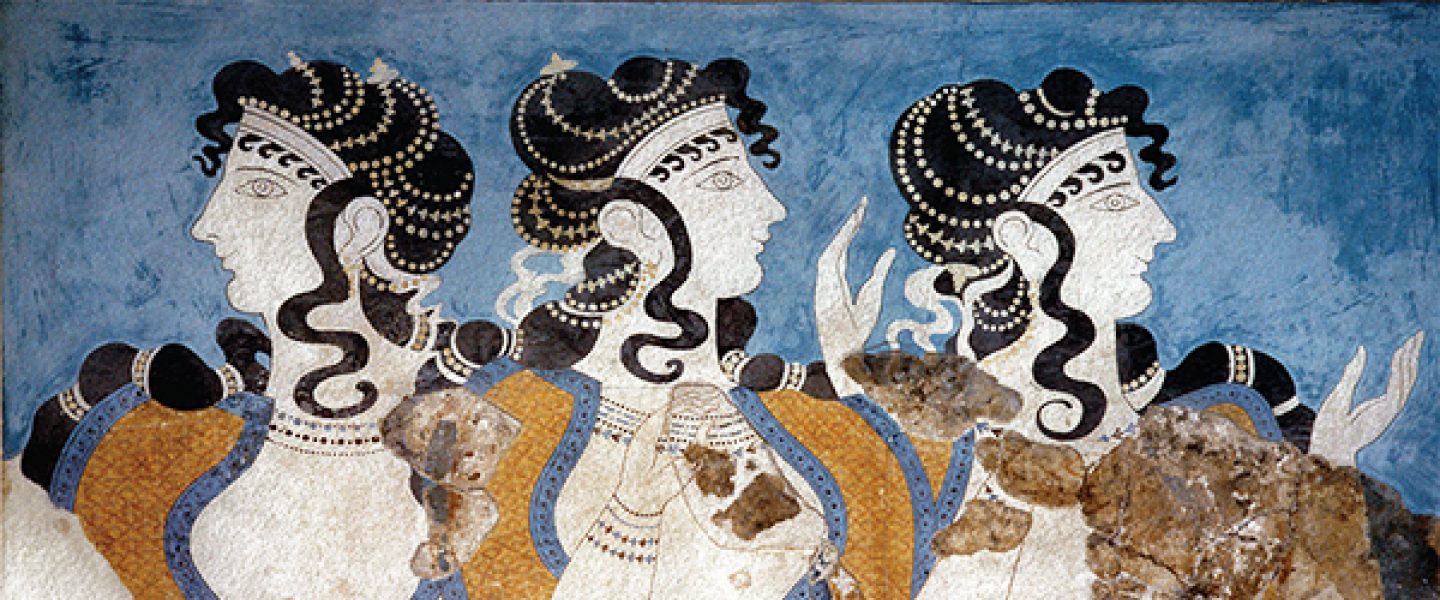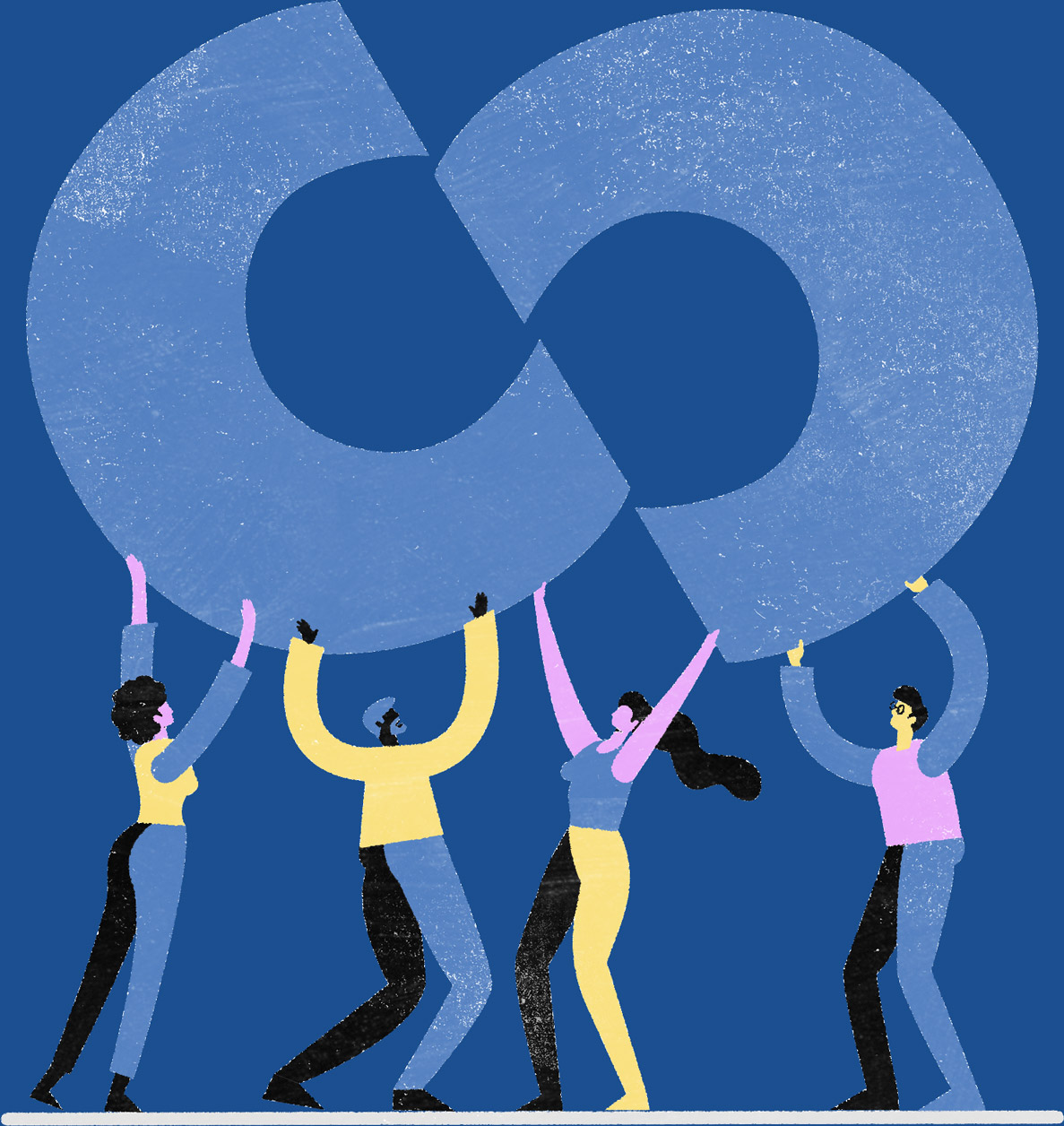
Translating the Odyssey
Below are excerpts from “The First Woman to Translate the “Odyssey” into English, first published in the New York Times on November 2, 2017, by Wyatt Mason.
Since the “Odyssey” first appeared in English, around 1615, in George Chapman’s translation, the story of the Greek warrior-king Odysseus’s ill-fated 10-year attempt to return home from the war in Troy to Ithaca and his wife, Penelope, has prompted some 60 English translations, at an accelerating pace, half of them in the last 100 years and a dozen in the last two decades.
---
That there could still be big questions about a nearly-three-millenniums-old poem that most everyone has heard of — it has exerted an influence on writers, from Virgil to Milton to Joyce — has everything to do with how Wilson is seeking to redefine the job of modern literary scholarship, an ambition that seems, in part, an inheritance. Born in 1971 in Oxford, England, Wilson comes from a long line of academics on her mother’s side. Her mother, Katherine Duncan-Jones, a Shakespeare specialist, taught English literature at Oxford; her mother’s brother, Roman history at Cambridge; her mother’s father, “a disappointed philosopher” — disappointed because, though he went to Cambridge, he couldn’t get a job there — taught at Birmingham; and her mother’s mother, Elsie Duncan-Jones, also at Birmingham, was an authority on the poetry of Andrew Marvell.
---
“If you’re going to admit that stories matter,” Wilson told me, “then it matters how we tell them, and that exists on the level of microscopic word choice, as well as on the level of which story are you going to pick to start off with, and then, what exactly is that story? The whole question of ‘What is that story?’ is going to depend on the language, the words that you use.”
Throughout her translation of the “Odyssey,” Wilson has made small but, it turns out, radical changes to the way many key scenes of the epic are presented — “radical” in that, in 400 years of versions of the poem, no translator has made the kinds of alterations Wilson has, changes that go to truing a text that, as she says, has through translation accumulated distortions that affect the way even scholars who read Greek discuss the original. These changes seem, at each turn, to ask us to appreciate the gravity of the events that are unfolding, the human cost of differences of mind.
Read the full article and enjoy the above video of Emily Wilson’s September 2019 Centennial year lecture at Miller Theater, given to current students and alumni of Columbia College.

Please log in to comment.